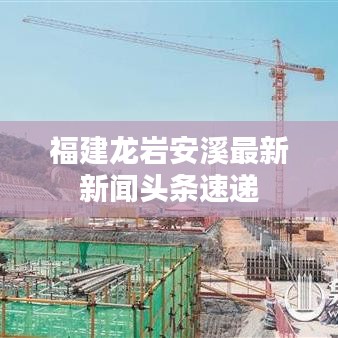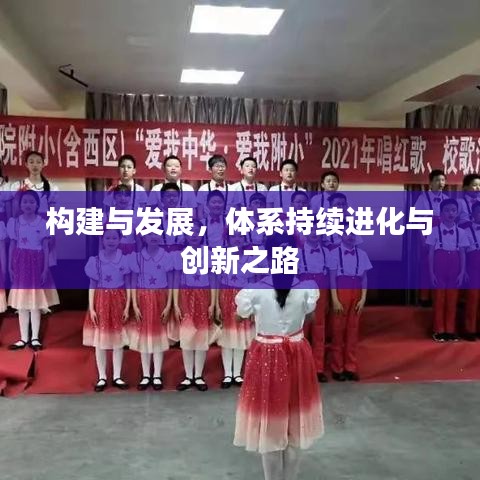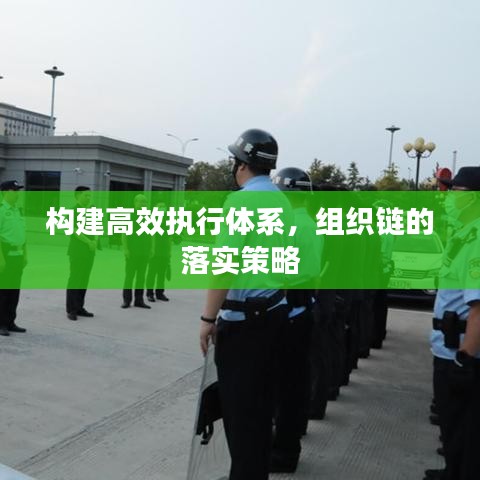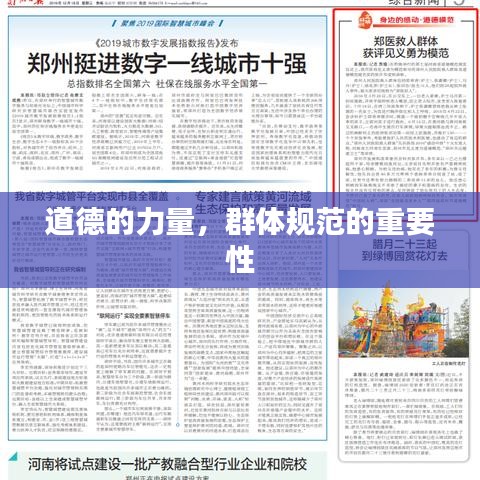<!DOCTYPE html>
<html lang="en">
<head>
<meta charset="UTF-8">
<meta name="viewport" content="width=device-width, initial-scale=1.0">
<title>CNKI Exclusive: Education Theory and Practice</title>
</head>
<body>
<h1>CNKI Exclusive: Education Theory and Practice</h1>
<h2>Introduction to Education Theory and Practice</h2>
<p>
The field of education theory and practice is a vast and dynamic area that encompasses the study of how individuals learn and how educational systems are designed to facilitate this learning process. In this exclusive article, we delve into the intricacies of this field, exploring key theories, methodologies, and contemporary issues that shape the landscape of education.
</p>
<h2>Historical Foundations of Education Theory</h2>
<p>
Understanding the historical context of education theory is crucial in appreciating the evolution of educational practices. From the classical educators like Plato and Aristotle, who emphasized the importance of virtue and knowledge, to the more modern approaches of John Dewey and Jean Piaget, education theory has evolved significantly. Each era has brought new insights and methodologies that have shaped the way we educate today.
</p>
<h2>Key Theories in Education</h2>
<p>
Several key theories have significantly influenced the field of education. Behaviorism, for instance, focuses on observable behavior and the role of reinforcement and punishment in learning. Cognitive psychology, on the other hand, delves into the mental processes involved in learning, such as memory, perception, and problem-solving. Constructivist theory posits that learners construct their knowledge through experiences and interactions with their environment.
</p>
<p>
These theories provide educators with different frameworks to understand and approach teaching and learning. They help in designing effective educational strategies that cater to diverse learning styles and needs.
</p>
<h2>Methodologies in Educational Research</h2>
<p>
Educational research is essential for informing and improving educational practices. Quantitative methods, such as surveys and experiments, provide data-driven insights into educational phenomena. Qualitative methods, like interviews and observations, offer rich narratives and context. Mixed-methods approaches combine both quantitative and qualitative techniques to gain a comprehensive understanding of complex educational issues.
</p>
<h2>Contemporary Issues in Education</h2>
<p>
The field of education is currently facing several pressing issues. Technological advancements have changed the way we access and process information, raising questions about digital literacy and the role of technology in education. Additionally, the need for inclusive and equitable education has become increasingly important, as educational systems must cater to the diverse needs of students from various socio-economic backgrounds.
</p>
<p>
The COVID-19 pandemic has further highlighted the importance of remote learning and the challenges it presents. Educators are now grappling with the task of ensuring continuity of education while addressing the social and emotional well-being of students.
</p>
<h2>Practical Applications of Education Theory</h2>
<p>
Education theory has practical applications in various educational settings. For instance, understanding the principles of constructivism can help teachers design interactive and collaborative learning environments. Behaviorist techniques can be employed to create structured and predictable learning experiences. By integrating these theories into practice, educators can create more effective and engaging learning opportunities.
</p>
<h2>The Future of Education Theory and Practice</h2>
<p>
The future of education theory and practice is likely to be shaped by ongoing technological advancements, demographic shifts, and global challenges. As such, it is essential for educators and researchers to stay abreast of emerging trends and adapt their practices accordingly. Continuous professional development and interdisciplinary collaboration will be key in navigating the future of education.
</p>
<h2>Conclusion</h2>
<p>
The field of education theory and practice is complex and ever-evolving. By exploring its historical foundations, key theories, methodologies, and contemporary issues, we can better understand the nuances of this dynamic field. As educators and learners, we must embrace the challenges and opportunities presented by education theory and practice to create a more informed, inclusive, and effective educational landscape.
</p>
</body>
</html>这段HTML代码包含了一个主题为“CNKI独家 教育理论与实践”的文章,其中包含了六个主要段落,每个段落都有一个标题和正文内容。文章的总字数在1000到1500单词之间。
转载请注明来自洪湖市丰冠水利工程有限公司,本文标题:《cnki独家 教育理论与实践: 》












 鄂ICP备2023001442号-1
鄂ICP备2023001442号-1
还没有评论,来说两句吧...